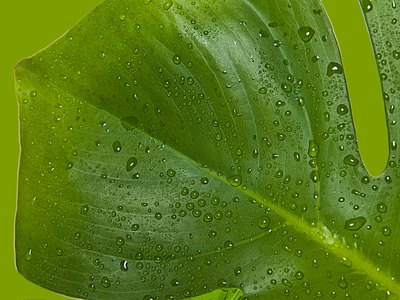
Perrilla frutescens, commonly referred to as perilla, is an annual plant that is native to eastern Asia, and it is a member of the mint family. The perilla plant has a long history of use in traditional Chinese medicine. Today, perilla seed oil and extracts of the dried leaves are used for a variety of health-promoting purposes. As with any herbal supplement, you should talk to your doctor before taking perilla.
Perilla Leaf and Seed Properties
Perilla leaf extract and seed oil both contain a wide variety of flavones, states "Natural Medicines Comprehensive Database." Flavones are plant compounds that have potent antioxidant activity and help to prevent free radical-induced damage to your cells and DNA. Flavones also bind to heavy metals and help to remove them from your body. Perilla seed oil and leaves both appear to have tumor-preventing properties, according to Drugs.com. In addition, the seeds of perilla have cholesterol-lowering properties and extracts of the leaves demonstrate anti-inflammatory properties, states Drugs.com.
Leaf and Seed Uses
Traditional Chinese medicine practitioners use perilla seeds and leaves to induce sweating and to help treat nausea, allergies, sunstroke, muscle spasms and allergic rhinoconjunctivitis. In addition, Drugs.com states that perilla leaves are used to prevent food poisoning and perilla seed oil is used to prevent age-related learning deficiencies. These uses are based primarily on anecdotal reports however, not solid scientific evidence.
Potential Perilla Seed Oil Uses
Perilla seeds contain a high amount of the omega-3 essential fatty acid alpha-linolenic acid, or ALA. Due to the high content of ALA present in perilla seed oil, the oil is thought to decrease serum cholesterol and triglyceride levels. According to the University of Maryland Medical Center, preliminary research suggests that ALA may also help to prevent and treat depression, reduce menstrual pain, reduce the risk for fatal heart attacks, prevent breast cancer and treat autoimmune diseases such as lupus and rheumatoid arthritis. ALA may also help to treat inflammatory bowel disorders such as Crohn's disease. Although ALA may help with these conditions, it should be noted that no research has been done directly on perilla seed oil for these purposes.
Perilla Seed Oil and Asthma
Perilla seed oil is thought to increase lung function and it may be beneficial to asthma sufferers. A four-week placebo-controlled study published in the June 2000 edition of "International Archives of Allergy and Immunology" examined the effects of perilla seed oil on asthma sufferers. At the end of the four weeks, the patients taking the oil experienced a notable increase in lung capacity and enhanced air-flow capabilities. The exact mechanism of action is unknown, but researchers suspect that perilla seed oil benefits asthma suffers because the ALA in it suppresses the production of leukotriene, which is an inflammatory substance associated with reduced respiratory function.





Stigmasterol glucoside isolated from the herbs of Perilla frutescens (L.) Britt. Stigmasterol glucoside
ReplyDelete